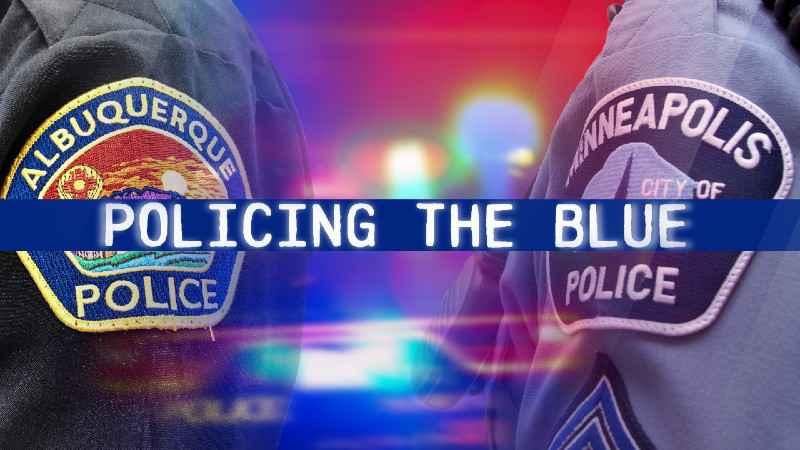Policing the Blue: Resistance to change from officers could follow DOJ investigation of Minneapolis Police
The ongoing civil rights investigation into the Minneapolis Police Department could result in federal oversight intended to force change, but law enforcement officials who have been through this process say it also results in political fallout and deep divisions within the ranks.
Over the last three months, investigators from the United States Department of Justice have met with city leaders and the police chief in Minneapolis, all of whom have publicly said they will fully cooperate with the "pattern and practice" probe.
Similar investigations in other cities have led to court-ordered reforms that have lasted a decade or longer.
In New Mexico, the federal government sued the Albuquerque Police Department (APD) after finding its officers had a pattern and practice of using excessive force. Both sides agreed to a court-approved settlement, commonly called the "consent decree." The document ordered APD to make hundreds of changes to policies and procedures.
"It would not have changed if it wasn’t so forcefully put upon us," said Chief Harold Medina, who took over the department in March.

But seven years in, the department continues to struggle to meet those new standards. In May, the independent monitor overseeing the reforms warned APD’s recent lack of progress could lead to a "catastrophic failure," in part because of a counter-culture within the department working against the reform efforts.
Medina said the hardest part of the process is having to impose discipline on officers who resist the changes APD is trying to maintain.
"There have been several officers that have been terminated," he said. "It’s not the best part of this job. But we understand that that’s how you build legitimacy. That’s how you create a culture that people follow the rules."
Medina, who is the third police chief to inherit the consent decree, said his focus is on changing the culture, while at the same time putting resources into fighting a rise in violent crime in the city.
Michael Geier, who held the role of police chief from 2017 to 2020, said that goal was elusive to him, in part because officers resisted the reforms so blatantly.
"Especially with senior officers, that’s where we had most of the lack of compliance," Geier said. "If your lieutenants and sergeants who are out there at three in the morning working aren’t buying into it, there’s nothing I can say. In essence, they’re the ones who run the department at that point."
Shaun Willoughby, president of the Albuquerque Police Officers Association, argues the DOJ oversight is "handcuffing" their officers, forcing them into internal investigations that are taking time away from policing the streets in the midst of record-breaking violent crime.
"If a police officer puts handcuffs on somebody and they say ‘ow,’ that is a full-court-press rigorous investigation," Willoughby said. "They’re miserable. They don’t want to work here."
The union president acknowledges the city has invested more money in training since the DOJ investigation and that the policies in place now are better than what the department used before.
However, Willoughby believes the negative consequences – including officers leaving the department – outweigh the positive changes.
"We need to adapt to change," he said. "We’re in a constant state of adapting to change in this profession. But what does success look like? Can you show it to me, please? Because it doesn’t exist."
In hindsight, former chief Geier said he focused too much on the DOJ mandates and they became a distraction.
"Recruitment and retention were hard," he said. "We were losing officers."
But for better or worse, the department will likely be under federal oversight for several more years.
"There is no walking away from this," Medina said. "I think it’s really great to think we’re going to get out of this quickly. But the reality is we’re not."
Note: This is the third story in a series called "Policing the Blue" that looks at the federal investigation into the Minneapolis Police Department through the eyes of the people of Albuquerque. Click here to watch Part I and here to watch Part II of our series on 5 EYEWITNESS NEWS.